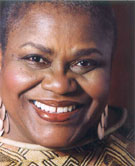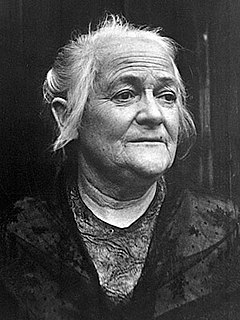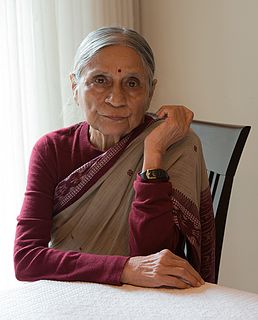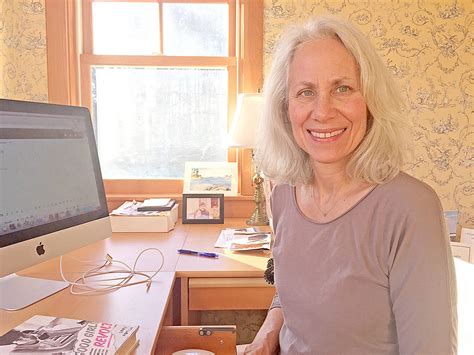A Quote by David Suzuki
The one thing I feel is very hopeful, however, is the overwhelming participation of women in the movement for change.
Quote Topics
Related Quotes
Women in the Arab world have a rich history in their active participation in political change from the Algeria revolution against the French occupation to the most recent revolution in Tunisia, Egypt, Libya among other countries. The question is not their participation. Their question is the incorporation of women's voices fully in the new definitions of the countries where change has happened.
In less than a century we experienced great movement. The youth movement! The labor movement! The civil rights movement! The peace movement! The solidarity movement! The women's movement! The disability movement! The disarmament movement! The gay rights movement! The environmental movement! Movement! Transformation! Is there any reason to believe we are done?
I don't know whether the movement crashed as a result of the overwhelming character of the institutions we set out to change. I think repression had a lot to do with the dismantling of the movement and also the winning of certain victories had something to do with the inability of the movement to take those victories as the launching point for new goals and developing new strategies.
The idea of equality is misunderstood. I wouldn't ever argue that everyone is the same, but that differences should not be hierarchical. Attitudes and expectations have been imposed on both men and women. For instance, men had very little to do with the raising of their children before the women's movement. The women's movement has freed men to become more active as fathers. We're living in a period of transition, but change can be much slower than we want, with unintended consequences, and can also be happening without our seeing it.
The only way major change in environmental policy is going to happen, the only way, is if there is a very strong, very active popular movement that demands it and such a movement would be unparalleled because it would be a popular movement that says, "Raise our taxes so that we change our behavior."
The life before '68 was very different from the life after '68. Before '68, our days were full of authoritarian moments. There were authorities everywhere. In fact, the movement of '68 was young people against their authorities, children against their parents. And that remained. The most important thing of all, the thing that lasted, was the first feminist movement and the position of women in society. That completely changed and that was very, very important.




































